The Democratic Progressive Party (DPP) and the Chinese Nationalist Party (KMT) stepped up their final campaign efforts yesterday in the countdown to this week’s recall election that targets seven KMT lawmakers.
In Nantou County, DPP acting secretary-general Ho Po-wen (何博文) led party officials in a street canvassing effort to garner support for the recall of KMT Legislator Yu Hao (游顥) in the Aug. 23 vote.
“Taiwan does not need Yu Hao [in the legislature], but rather needs lawmakers who are loyal to the country,” Ho said.
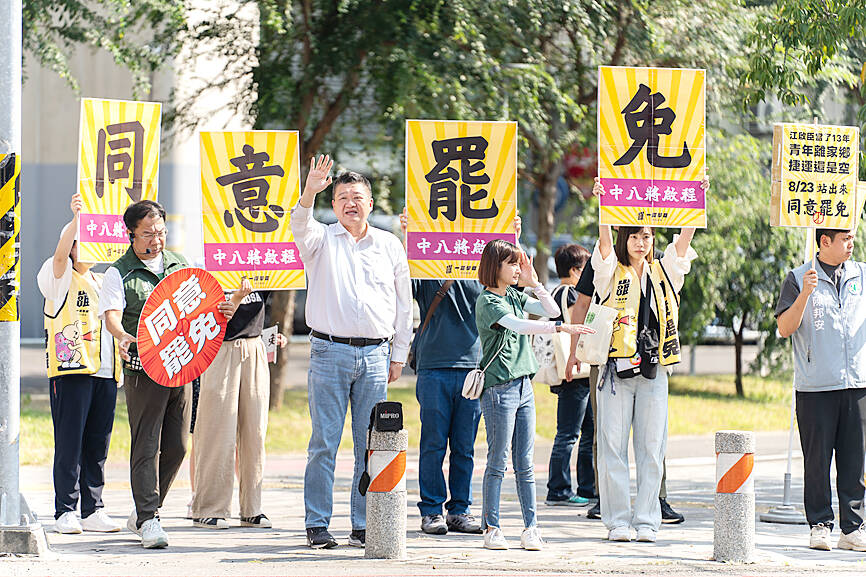
Photo: CNA
He urged supporters to reject Yu, who represents Nantou, and other KMT legislators on the ballot who had “pushed through” several controversial bills over the past year.
Yu is one of seven directly elected KMT lawmakers facing recall votes in the coming week, including Johnny Chiang, eight-term lawmaker Lo Ming-tsai (羅明才) and Ma Wen-chun (馬文君), who is serving her fifth term in the legislature.
Saturday’s election is to be the final leg of an unprecedented recall campaign launched by informal civic groups and supported by the DPP, which has sought to unseat most of the KMT lawmakers.
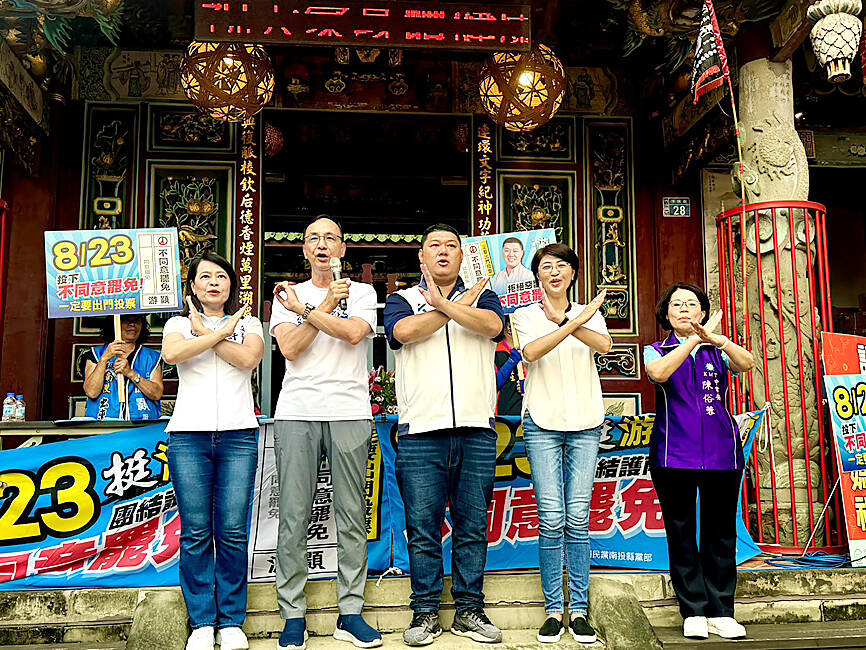
Photo: CNA
In the previous round held on July 26, all 24 KMT lawmakers on the ballot retained their seats.
Amid waning momentum in the current campaign, the DPP and the recall groups in recent weeks have changed their strategy, shifting to more personalized efforts, including door-to-door visits and street-corner speeches rather than large-scale rallies.
In addition to Ho’s visit to central Taiwan yesterday, six similar events were held simultaneously in Taichung, New Taipei City and Hsinchu County, with DPP lawmakers and officials urging supporters to back the recall of local KMT legislators.

Photo: Fang Pin-chao, Taipei Times
Meanwhile, the KMT held rallies in Nantou and Hsinchu yesterday evening, seeking support for its lawmakers facing recall votes.
“The world has never seen a ruling party orchestrate a massive recall campaign against the opposition since the advent of democracy,” KMT Chairman Eric Chu (朱立倫) said at the Hsinchu rally.
He urged supporters to “step up and defend democracy” by voting against the recall of the county’s KMT Legislator Lin Szu-ming (林思銘).
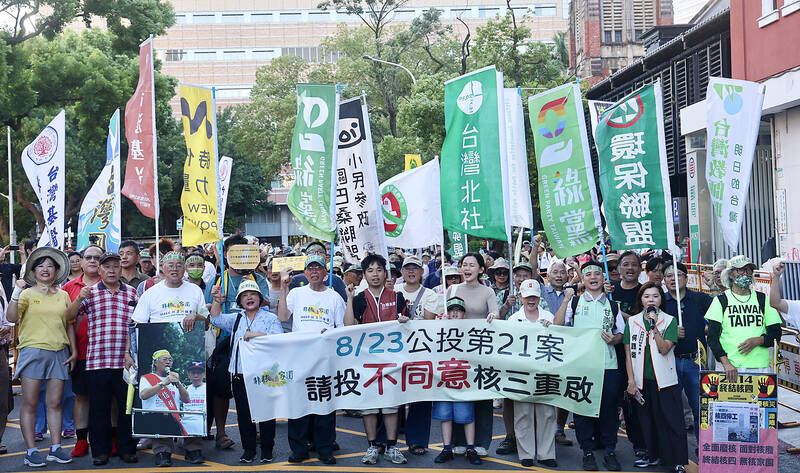
Photo: CNA
Chu also urged support for a pro-nuclear national referendum, scheduled to be held concurrently on Saturday, arguing that Taiwan would not have sufficient clean energy without nuclear power.
The plebiscite was proposed by the Taiwan People’s Party in an attempt to restart the decommissioned Ma-anshan Nuclear Power Plant in Pingtung County.
The DPP has urged its supporters to vote against the proposal.
In Taipei, about 300 people took to the streets yesterday to campaign against the referendum.
Led by the Taiwan Environmental Protection Union, the rally included members of the Taiwan Society North, World United Formosans for Independence, and political parties such as the Green Party Taiwan and New Power Party.
Union founding chairman Shih Hsin-min (施信民) said that Taiwan is an island prone to earthquakes and typhoons, which makes it unsuitable for the development of nuclear energy.
He berated the opposition parties for seeking to reopen the plant, saying that Taiwan should maintain its "nuclear-free homeland" policy.
DPP Legislator Chen Pei-yu (陳培瑜), who was also at the rally, said the DPP had never swayed from its position on nuclear power.
As long as the issues of nuclear energy safety and nuclear waste remain unresolved, the public should vote against restarting the power plant, she said.
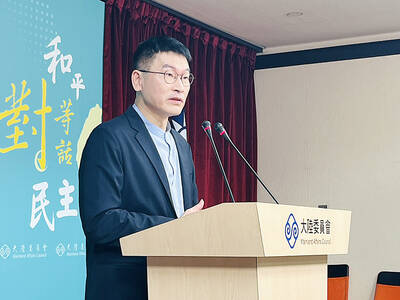
LOW RISK: Most nations do not extradite people accused of political crimes, and the UN says extradition can only happen if the act is a crime in both countries, an official said China yesterday issued wanted notices for two Taiwanese influencers, accusing them of committing “separatist acts” by criticizing Beijing, amid broadening concerns over China’s state-directed transnational repression. The Quanzhou Public Security Bureau in a notice posted online said police are offering a reward of up to 25,000 yuan (US$3,523) for information that could contribute to the investigation or apprehension of pro-Taiwanese independence YouTuber Wen Tzu-yu (溫子渝),who is known as Pa Chiung (八炯) online, and rapper Chen Po-yuan (陳柏源). Wen and Chen are suspected of spreading content that supported secession from China, slandered Chinese policies that benefit Taiwanese and discrimination against Chinese spouses of

ALIGNED THINKING: Taiwan and Japan have a mutual interest in trade, culture and engineering, and can work together for stability, Cho Jung-tai said Taiwan and Japan are two like-minded countries willing to work together to form a “safety barrier” in the Indo-Pacific region, Premier Cho Jung-tai (卓榮泰) yesterday said at the opening ceremony of the 35th Taiwan-Japan Modern Engineering and Technology Symposium in Taipei. Taiwan and Japan are close geographically and closer emotionally, he added. Citing the overflowing of a barrier lake in the Mataian River (馬太鞍溪) in September, Cho said the submersible water level sensors given by Japan during the disaster helped Taiwan monitor the lake’s water levels more accurately. Japan also provided a lot of vaccines early in the outbreak of the COVID-19 pandemic,

PROMOTION: Travelers who want a free stopover must book their flights with designated travel agents, such as Lion Travel, Holiday Tours, Cola Tour and Life Tours Air Canada yesterday said it is offering Taiwanese travelers who are headed to North America free stopovers if they transit though airports in Japan and South Korea. The promotion was launched in response to a potential rise in demand for flights to North America in June and July next year, when the US, Canada and Mexico are scheduled to jointly host the FIFA World Cup, Air Canada said. Air Canada offers services to 13 of the 16 host cities of the tournament’s soccer games, including Toronto and Vancouver; Mexico City, Guadalajara and Monterrey in Mexico; Atlanta, Georgia; Boston; Dallas; Houston;
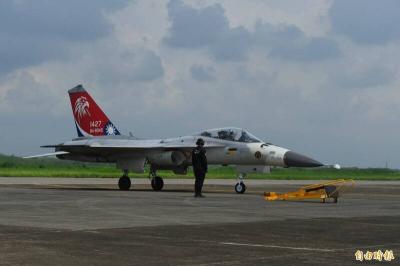
The US approved the possible sale to Taiwan of fighter jet spare and repair parts for US$330 million, the Pentagon said late yesterday, marking the first such potential transaction since US President Donald Trump took office in January. "The proposed sale will improve the recipient's capability to meet current and future threats by maintaining the operational readiness of the recipient's fleet of F-16, C-130," and other aircraft, the Pentagon said in a statement. Trump previously said that Chinese President Xi Jinping (習近平) has told him he would not invade Taiwan while the Republican leader is in office. The announcement of the possible arms